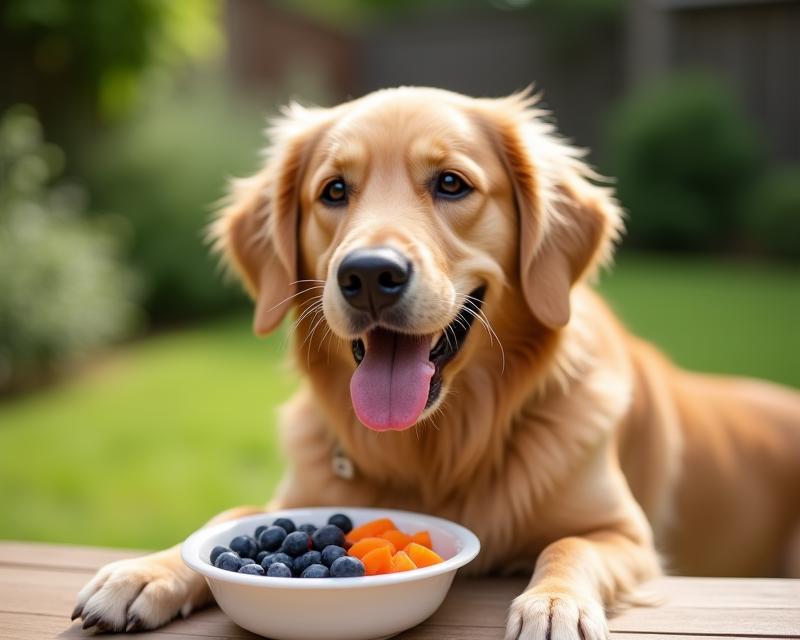Fruits & Veggies for Pets: Safe Treats?
Publish in Health el 28/06/2025 23:15
Fruits & Veggies for Pets: Safe Treats?
As pet owners, we always want the best for our furry friends! We carefully choose their food and make sure they get plenty of exercise. But have you ever wondered if you can share some of your healthy fruits and vegetables with your pets? The short answer is: sometimes! It's great to incorporate healthy treats into your pet's diet, but it's crucial to know which ones are safe and which ones to avoid.

What's Good for My Pet?
Many fruits and vegetables are perfectly safe and even beneficial for dogs and cats in small quantities. Here are some popular and generally safe options:
- Apples: A good source of fiber and vitamins. Remove the core and seeds, as they contain cyanide.
- Bananas: Rich in potassium, which is good for heart health.
- Blueberries: Packed with antioxidants!
- Carrots: Great for dental health and a good source of Vitamin A.
- Green Beans: Low in calories and a good source of fiber.
- Cucumbers: Hydrating and low-calorie, perfect for hot days.
- Peaches: Another good source of fiber and vitamins. Remove the pit!
- Pumpkin: Excellent for digestion! Plain pumpkin puree (not pumpkin pie filling) is best.
Foods to Avoid!
Just as some fruits and veggies are safe, others are definitely off-limits. Here's a list of foods that are toxic to pets and should *never* be given:
- Grapes & Raisins: Highly toxic and can cause kidney failure.
- Onions & Garlic: Can damage red blood cells, leading to anemia.
- Avocado: Contains persin, which can be toxic to pets.
- Chocolate: Contains theobromine, which is toxic to pets.
- Xylitol: An artificial sweetener found in many sugar-free products; extremely toxic to dogs.
Important Considerations
Even with safe fruits and vegetables, moderation is key. Treats should only make up a small portion of your pet's daily diet – generally no more than 10%. Introduce new foods slowly to avoid digestive upset. If your pet has any underlying health conditions, it's always best to consult with your veterinarian before adding new foods to their diet. And remember, these are *treats*, not meal replacements! By being mindful of what you feed your pet, you can help them enjoy a healthy and happy life.





